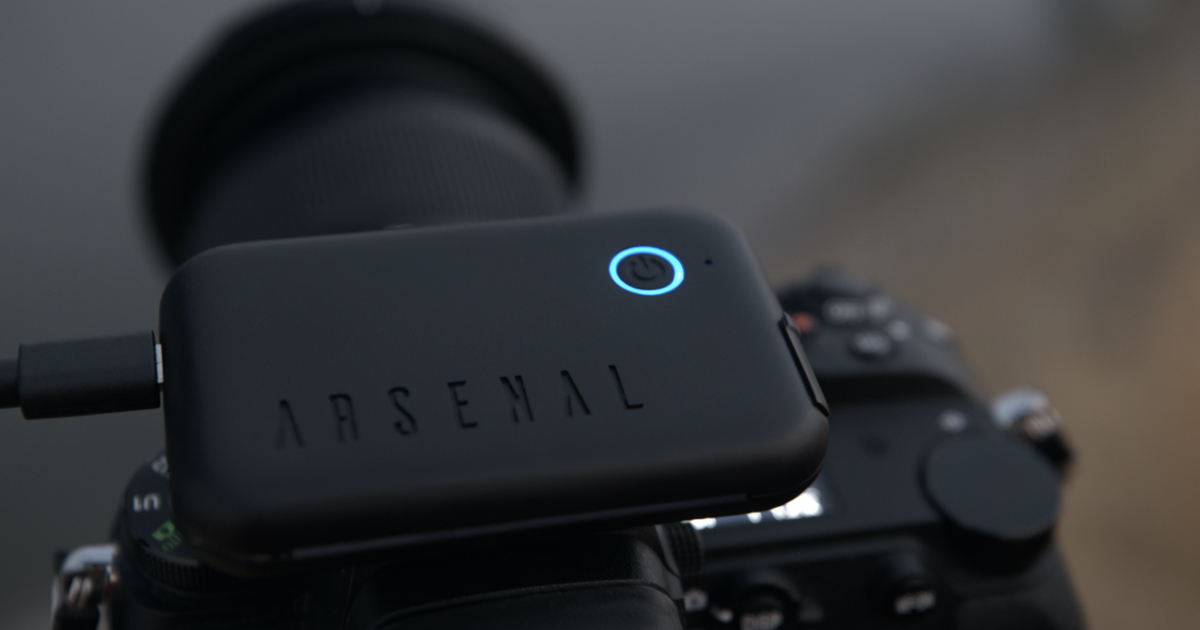Yes, modern digital kit is very automated and I think if you stick it on auto-everything you're missing the point of photography. I've shot fully-manual 35mm and medium format film cameras for that reason - it's nice to slow down and spin a aperture ring now and again. For a while I used a fully manual Praktica super TL to shoot my daughter when we were out and about but found manually exposing with light meter to be a bit of a pain and I wasn't 'in the moment' as a result. I then used a Pentax ME Super, which had aperture priority, but manual focus. This helped but found manual focusing a bit slow with a toddler who didn't stand still and missing a bunch of shots was becoming expensive in film. So now I shoot a Nikon F80, with my modern 85mm af-s lens, which is great. The reason I'm saying this is because you use the tech that you feel you need. In the situation I'm talking about I was shooting a Nikon D610 in aperture priority, changing between wide open-ish for individuals and stopping down when there were more people to get all in focus, I had selected an appropriate focus mode (af-c) and metering mode (spot), I'd set the white balance to auto because I was under a canopy and didn't want a green cast. I didn't care what the shutter speed was as long as it didn't cause blur and I didn't care what ISO was as long as it wasn't unnecessarily high. What I did care about in this particular situation, was being able to respond to the fast pace in front of me, engaging with the kids (teenagers can be funny when you poke a camera at them), working with the changing natural light and getting sharp images. This has turned into a bit of a rant, but I'm not a 'wannabe tog' or lazy or ignorant, nor do I need to learn camera settings. If you want to rally against automation then let's have a conversation about Luminar's new AI editing software, sky replacement etc.



 It’s basically aperture priority with auto-iso but with smarter shutter speed selection allowing lower iso when the camera detects little enough movement. Phil, it’s no different to when I’m shooting landscapes it’s on manual but when I’m shootings people I select auto ISO. You wouldn’t have to select/deselect for each shot.
It’s basically aperture priority with auto-iso but with smarter shutter speed selection allowing lower iso when the camera detects little enough movement. Phil, it’s no different to when I’m shooting landscapes it’s on manual but when I’m shootings people I select auto ISO. You wouldn’t have to select/deselect for each shot.